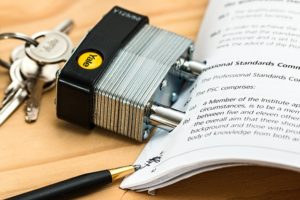 Austin Surety Bonds
Austin Surety Bonds
Austin surety bonds are the most common kind of bail bonds that people use to obtain their jail release in Travis County. Not many people know that there are actually three kinds of bail bonds in Travis County. If you’re looking to release someone from jail — or get out of Travis County jail yourself — you should familiarize yourself with your bond options.
You should also be aware of the surety bond alternative: the personal bond. Travis County is the only Texas county that allows defendants to be released on personal bonds for any offense. Under the right circumstances an Austin lawyer can obtain a personal bond for jail release at no cost. Find out the full story on Austin bail bonds.
It’s confusing when bail and bond are words that most people use interchangeably. Basically, the court releases defendants on bail if they are believed to pose little risk of flight or danger to the public. Bail is basically a promise that a defendant will return to court when their case comes to trial. Since the court has experience with people whose promises aren’t worth much, the judge sets bail at a significant figure — often one that an average person cannot pay. The defendant must prove they have this money if they want their freedom, and this bail money is forfeit if the defendant fails to make their court date.
That’s where a third party (usually an Austin lawyer or bail bondsman) often comes to the rescue. This third party can write a surety bond: an agreement to be responsible for the full bail amount if the defendant fails to attend the trial. In return, the defendant must pay the bond issuer a non-refundable fee, often upwards of 15% of the total surety bond amount. For example, for a $10,000 bail, the defendant will often need to pay a $1500 non-refundable fee and provide cosigners who are liable should they jump the bail.
An Austin surety bond is essentially a promise made by the bond issuer to the court. That’s why you’ll sometimes hear someone say about a trustworthy person that “her word is her bond.”
Because of the significant financial risk, bond issuers often require the defendant to check in regularly or be monitored with some kind of location tracker. Defendants who “jump bail” and skip their court date are a big problem for bond issuers, who often employ bounty hunters to find bail jumpers and return them before the issuer has to pay the full bail amount.
Unfortunately, Austin surety bonds can impose a severe financial burden on innocent defendants. Even defendants who pose no flight risk end up paying pricey surety bond fees. Such expense can be entirely unnecessary, but the court has no way to truly know if someone’s word truly is their bond.
For more information on how Austin surety bonds work, visit this Justia page.
